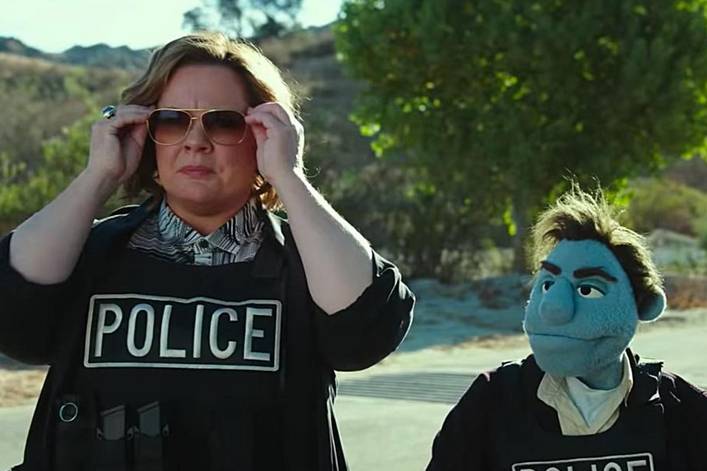 Great films are able to transcend their genre and the context that the protagonist’s story is unfolding in. Great storytelling gives viewers a sense of connection and resonance, even if they aren’t a part of that subculture or have anything in common with the characters. Crystal Moselle’s first fiction feature, Skate Kitchen, hits on some resonant themes, but we aren’t given enough reason to care about skate culture or the dilemmas of our protagonist, Camille (Rachelle Vinberg). The subculture is not presented in an interesting or captivating way and it’s hard to latch on to any characters because they lack substance.
Great films are able to transcend their genre and the context that the protagonist’s story is unfolding in. Great storytelling gives viewers a sense of connection and resonance, even if they aren’t a part of that subculture or have anything in common with the characters. Crystal Moselle’s first fiction feature, Skate Kitchen, hits on some resonant themes, but we aren’t given enough reason to care about skate culture or the dilemmas of our protagonist, Camille (Rachelle Vinberg). The subculture is not presented in an interesting or captivating way and it’s hard to latch on to any characters because they lack substance.
Interestingly enough, Moselle worked with an actual all-girl skating posse for this film, which gives the film grit. Skate Kitchen shows the importance of community, especially in the wake of divorce. It explores the reality of a broken family and specifically how divorce impacts the kids that live through them. The relationship between Camille and her mother touches on the disconnect a parent/child relationship endures, especially that piece that’s missing for a kid to move from hurting to heard and understood.
Skate Kitchen follows Camille, a girl who is lonely and introverted and on the verge of independence. Despite her mother’s protests It’s clear she loves one thing: skating. She comes across a New York posse of girl skaters on Instagram and decides to try to join their group. She slowly makes connections with the other skaters and goes through the ups and downs that come with being deply involved with a community. The rules of being a part of their club become clear to Camille when she breaks them, and she also experiences what it’s like to be brought back into the fold.
 Moselle gives us moments of female empowerment as the girls of Skate Kitchen fight for their right to enjoy the skate parks alongside the guys, but despite its thematic strengths, many characters and story points are not fleshed out enough to help us connect with the character or story, which makes it difficult to care about this particular skater’s story.
Moselle gives us moments of female empowerment as the girls of Skate Kitchen fight for their right to enjoy the skate parks alongside the guys, but despite its thematic strengths, many characters and story points are not fleshed out enough to help us connect with the character or story, which makes it difficult to care about this particular skater’s story.
There’s not much more to unpack because it’s largely forgettable. You won’t likely be thinking about or discussing the film long after viewing it. While the film has some merit and it’s not the worse movie-going decision you could make, it misses the mark on drawing the portrait we would want to see and making that connection that we hope to get out of a story when we visit the movie theater.
Review| Skate Kitchen


